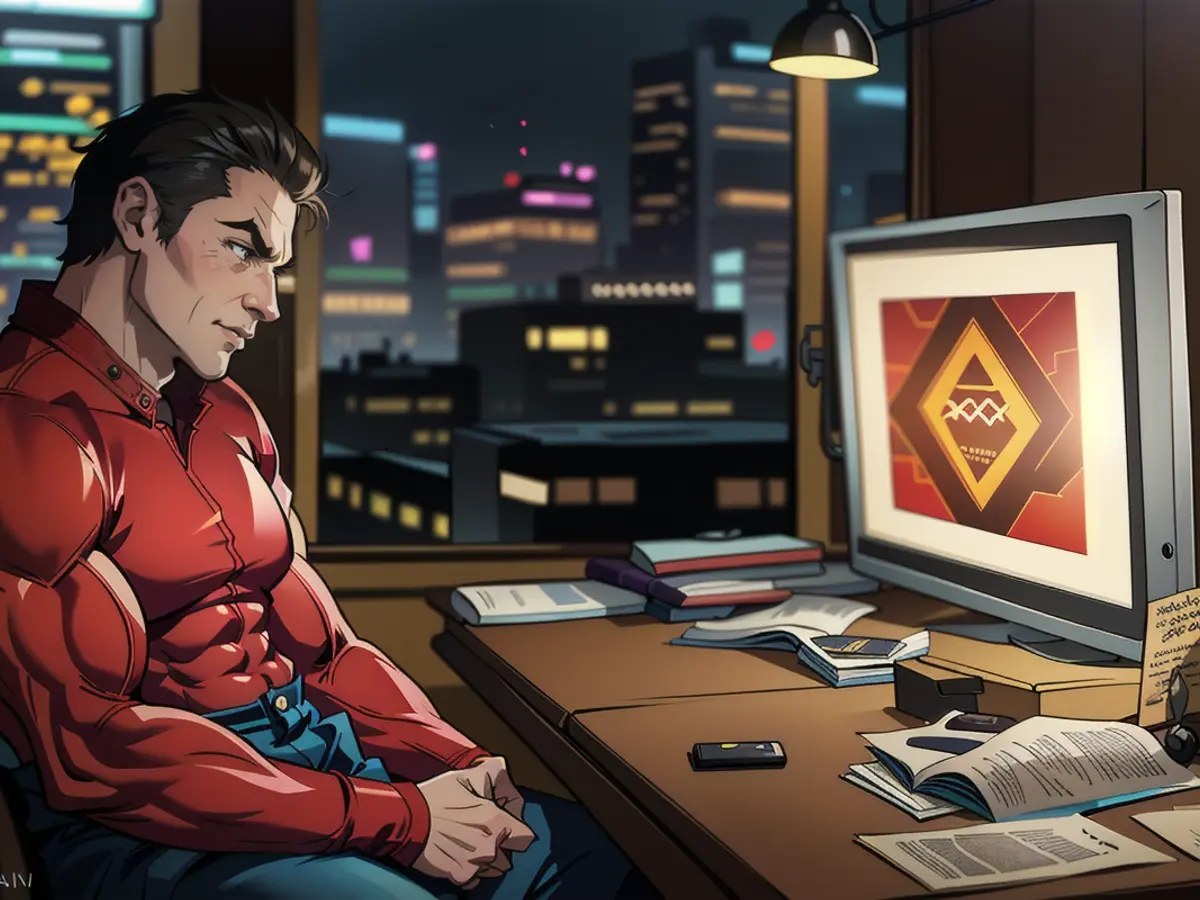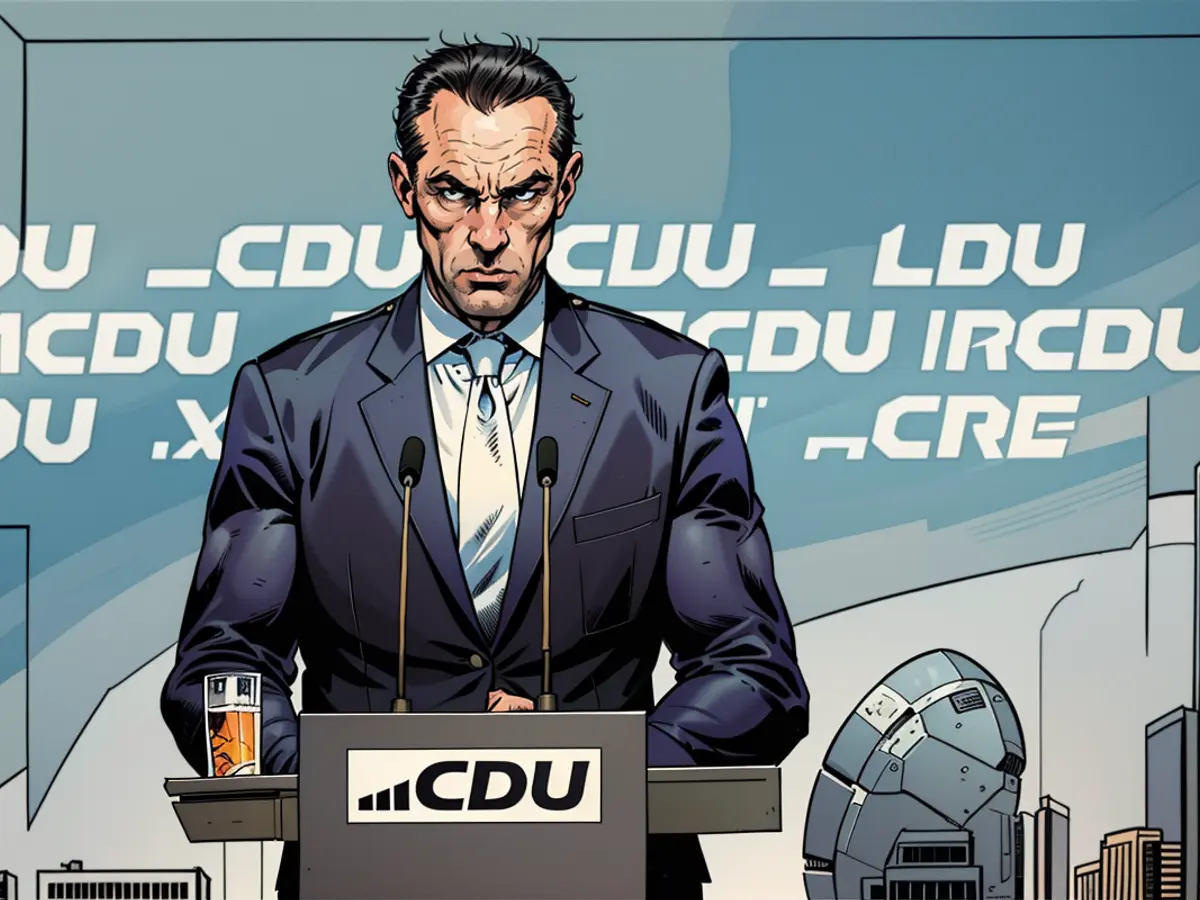Stunning: Certain AI developers disregarded a woman's refusal of their proposal.
A woman turned down a man's proposal twice, and he reacted like a kid - highlighting one of the reasons why the world should be cautious of those profiting from their own AI hype excitement.
Let me elaborate a bit more.
In September, Scarlett Johansson, who played the complex AI assistant in the 2013 Spike Jonze movie "Her," received a request from OpenAI's CEO, Sam Altman. He wanted her to voice their latest ChatGPT model, "Sky." She denied it. A few months later, just before the product launched, he asked her to reconsider.
However, before she could say no for the second time, OpenAI released the new model with a voice that sounded almost identical to Johansson's. The AI's debut was both astonishing due to its apparent sophistication and human-like traits, and cringeworthy because of the flirty manner it emanates, resembling a developer's fantasy.
Johansson swiftly enlisted legal aid, stating that she was "shocked, infuriated and dismayed" at Altman using a voice "so strikingly similar" to hers.
The company, which temporarily paused the update following Johansson's legal threat, claimed the voice "belongs to a different professional actress using her natural speaking voice," and wasn't intended to resemble Johansson's. Altman - who has expressed his admiration for the Spike Jonze film and even tweeted "her" on the day of the launch - apologized to Johansson on Monday.
This incident highlights the broader apprehension among artists, academics, and even some AI pioneers regarding the speed at which tech companies are developing and releasing AI tools to the public, seemingly neglecting intellectual property and safety concerns.
It also underscores one of the initial AI faults that its creators have yet to address: the fact that all these products are being okayed, financed, and designed by the 0.01% of Silicon Valley - a mainly young, white, and male cohort, whose human prejudices are inadvertently being embedded in AI in ways they don't fully comprehend or are aware of.
OpenAI experienced these concerns first-hand towards the end of the previous week, with two eminent employees departing the company.
One, Jan Leike, wrote on X that the company's "safety culture and processes have taken a backseat to flashy products." The other, OpenAI's co-founder and chief scientist Ilya Sutskever, declared he was leaving to work on another project, without disclosing details. His departure is particularly significant given his key role in (momentarily, theatrically) firing Altman last year due to concerns about his promotion of AI technology "too hastily, too rashly."
Altman even acknowledged Leike's point, remarking: "He's right; we have a lot more to do, and we're committed to doing it."
Such diplomatic frankness has contributed to Altman, a 39-year-old billionaire, becoming the face of "responsible AI." He comes across as a thoughtful, charming individual, and he wants us to have faith that he's watching out for the everyday people while he earns money and races ahead of Google and Meta in the AI race.
It would be intriguing to ask him, though, when was the last time he watched "Her" - one of his favorite films that he labeled "extremely foresightful" - till the end.
One of the reasons why the movie is remarkable is how Johansson's mild and empathetic voice lulls the main character (and the audience, ultimately) into an almost hypnotic state of infatuation. Perhaps the ease of human-AI companionship is preferable to the messy intricacies of genuine love, we ponder as we watch Joaquin Phoenix's character stroll alone on a crowded beach, the camera of his phone peeping out of his shirt pocket, smiling due to his delight with his AI lover.
Of course, by the culmination of the movie, the AI's have decamped to another realm, leaving the humans, with their myriad human needs, to look after one another again.
"Forging bonds with AI will be so much simpler than forging connections with human beings," wrote Wired editor Brian Barrett in a recent piece on the film. "That doesn't imply it's better. Sometimes it's much worse."
- CNN’s Clare Duffy and Brian Fung contributed reporting.
Read also:
- Lack of snow also opens up new opportunities for winter tourism
- Abrupt end to e-car subsidies
- The chemical industry has little confidence
- Intersport boss hopes for sales boom through sporting events
Source: edition.cnn.com








